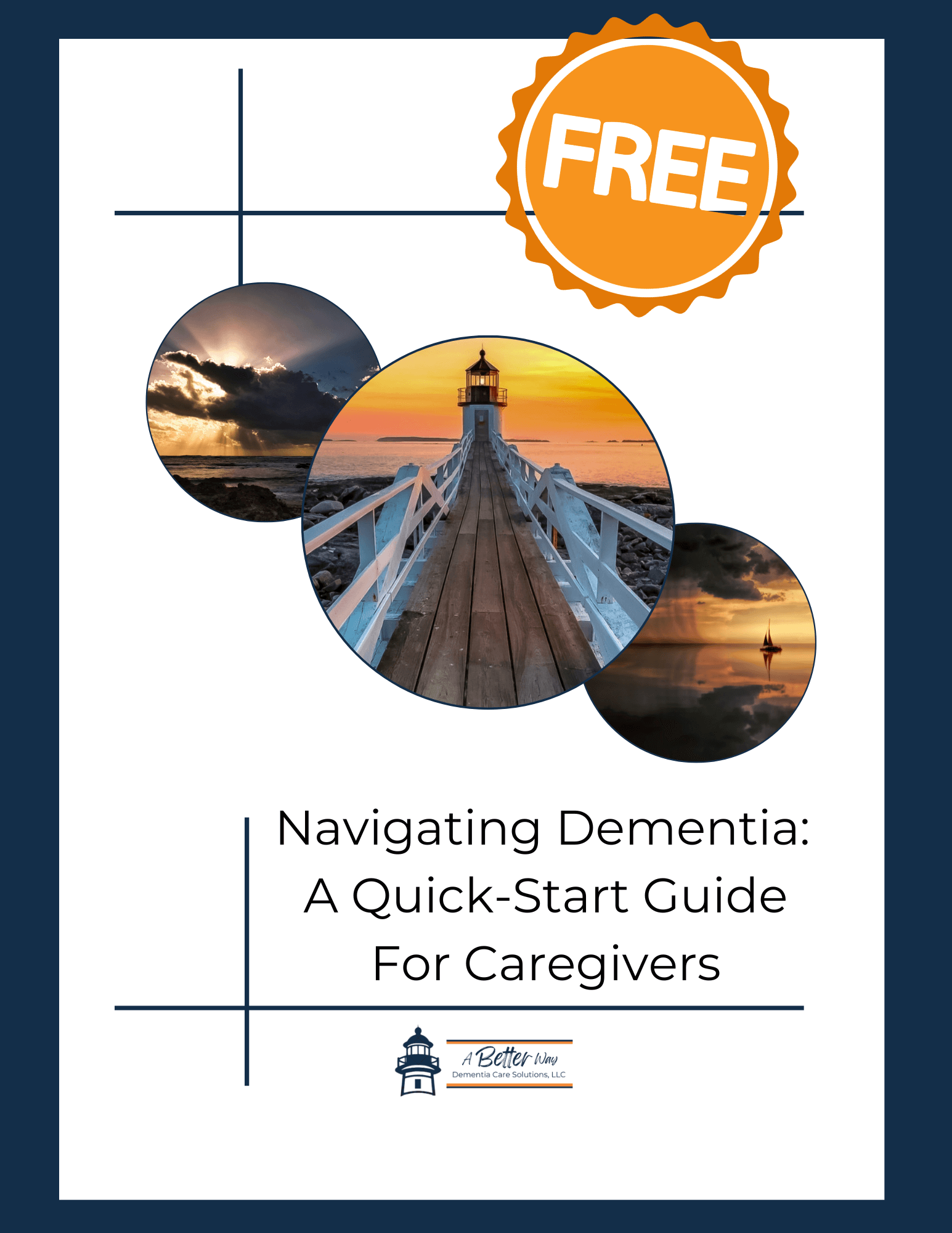
You want to help the person you care for stay safe, without making them feel “scolded.” Deciding whether driving is still safe is one of those heart-heavy moments. An objective driving evaluation can ease the worry and bring clarity, with dignity and care.
Why Driving Evaluations Matter
- A driving evaluation isn’t just a test. It’s a way to honor independence while centering safety for everyone on the road.
- Caregivers often notice early signs of dementia like memory lapses, slower reactions, or getting lost. Instead of carrying that decision alone, a professional evaluation offers clarity and guidance.
4 Prompts to Guide This Step
1. When You’re Not Sure if It’s Time
Notice the signs: memory lapses, slower reactions, or getting lost. These aren’t quirks. They can be signals it’s time for an outside check-in. The law firm Feller & Wendt has an excellent post on driving safely while aging that covers everything from night driving to adaptive equipment. Their section on cognitive changes that may affect driving abilities is especially helpful for caregivers supporting someone with dementia. Read the full post: Click here
Notice the signs: memory lapses, slower reactions, or getting lost. These aren’t quirks. They can be signals it’s time for an outside check-in. The law firm Feller & Wendt has an excellent post on driving safely while aging that covers everything from night driving to adaptive equipment. Their section on cognitive changes that may affect driving abilities is especially helpful for caregivers supporting someone with dementia. Read the full post: Click here
2. When You Want Clarity, Not Conflict
Request a Certified Driver Evaluation (CDE). A specialist will check physical, visual, and cognitive skills, then (if safe) do a behind-the-wheel test. They’ll provide a written summary so the decision isn’t all on your shoulders.
👉 If you’re not sure where to start, my free Navigating the Doctor’s Office Guide shows you exactly how to request referrals and prepare for appointments.
Request a Certified Driver Evaluation (CDE). A specialist will check physical, visual, and cognitive skills, then (if safe) do a behind-the-wheel test. They’ll provide a written summary so the decision isn’t all on your shoulders.
👉 If you’re not sure where to start, my free Navigating the Doctor’s Office Guide shows you exactly how to request referrals and prepare for appointments.
3. When You Need Options, Not Ultimatums
Ask about regional driver rehab programs or occupational therapists with driver rehab certification. They may recommend adaptive equipment, retraining, or a gradual transition plan, not just ‘yes’ or ‘no.’
👉 Adaptive tools like backup cameras, swivel seat cushions, or adaptive cruise control can sometimes extend independence while supporting safety.
Ask about regional driver rehab programs or occupational therapists with driver rehab certification. They may recommend adaptive equipment, retraining, or a gradual transition plan, not just ‘yes’ or ‘no.’
👉 Adaptive tools like backup cameras, swivel seat cushions, or adaptive cruise control can sometimes extend independence while supporting safety.
4. When You’re Preparing Together
Bring a list of medications, your concerns, and specific examples of recent driving changes. This gives the evaluator the full picture.
Bring a list of medications, your concerns, and specific examples of recent driving changes. This gives the evaluator the full picture.
To make it easy, download my free Driving Evaluation Preparation Checklist it covers what to bring, what to track, and the questions to ask during the appointment.
⚡ Pro tip: At the end of every tough driving conversation, remind yourself: This isn’t about taking something away. It’s about offering safety, reassurance, and dignity, before a crisis happens.
Where to Find Driving Assessment Services
There are three main places to look for a professional driving evaluation:
- Certified Driver Evaluation (CDE) – Offered through rehab and occupational therapy centers. Includes clinical testing of physical, visual, and cognitive abilities, and often a behind-the-wheel assessment by a Certified Driver Rehabilitation Specialist (CDRS).
- Regional Driver Rehabilitation Programs – Found in larger hospital systems or rehabilitation centers. These programs may include reaction-time testing, adaptive equipment trials, and comprehensive evaluations.
- Occupational Therapists with Driver Rehab Certification – Some OTs specialize in older adult driving assessments and may even offer in-home evaluations.
👉 To locate a specialist near you, visit the Association for Driver Rehabilitation Specialists (ADED) directory
You’re Not Alone
It’s okay to feel worried, confused, or even guilty. Choosing an objective driving evaluation can be one of the kindest, most protective steps you take for someone you care for.
Together, you’re already caring deeply and this step helps bring clarity with care. Start by downloading the free Driving Evaluation Preparation Checklist so you feel prepared, not pressured.
And if you’d like even more tools and support, join my caregiver support list. You'll receive my weekly newsletter that includes the link to each week's new blog post. Click here to subscribe for free.
Affiliate Disclosure:
A Better Way - Dementia Care Solutions, LLC participates in the Amazon Associates Program, which means we earn a small commission when you buy through links on our site, at no extra cost to you. We only recommend products that we believe can help caregivers on their journey.
Disclaimer:
The information provided in this blog is for educational purposes only and should not be considered medical advice. Always consult with a doctor or a licensed physical therapist before starting any new exercise routine, using assistive devices, or following the recommendations mentioned. Every individual’s needs are different, and professional guidance is essential to ensure safety and appropriateness of care.
Notes:
1. Association for Driver Rehabilitation Specialists. (n.d.). Find a driver rehabilitation specialist. Association for Driver Rehabilitation Specialists. https://www.aded.net
2. Centers for Disease Control and Prevention. (2023, October 23). Older adult drivers. U.S. Department of Health & Human Services. https://www.cdc.gov/transportationsafety/older_adult_drivers
3. Feller & Wendt. (2024). Driving safely while aging. Feller & Wendt. https://www.fellerwendt.com/driving-safely-while-aging/
4. National Highway Traffic Safety Administration. (2022, August 8). Older drivers. U.S. Department of Transportation. https://www.nhtsa.gov/road-safety/older-drivers
5. National Institute on Aging. (2021, April 23). Driving safety and Alzheimer’s disease. National Institutes of Health. https://www.nia.nih.gov/health/driving-safety-and-alzheimers-disease
Want to keep figuring this out together?
Subscribe to Finding Our Way in Dementia Care and get honest stories, helpful tips, and gentle support delivered to your inbox every week. Just real talk, grounded care, and space to breathe.
Subscribe to Finding Our Way in Dementia Care and get honest stories, helpful tips, and gentle support delivered to your inbox every week. Just real talk, grounded care, and space to breathe.
Kind truth. Clear steps. Warm guide.

















0 Comments